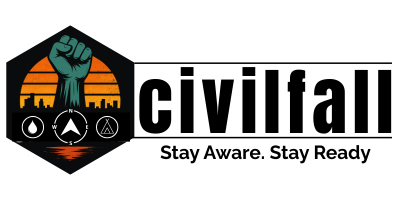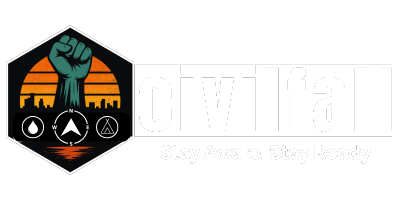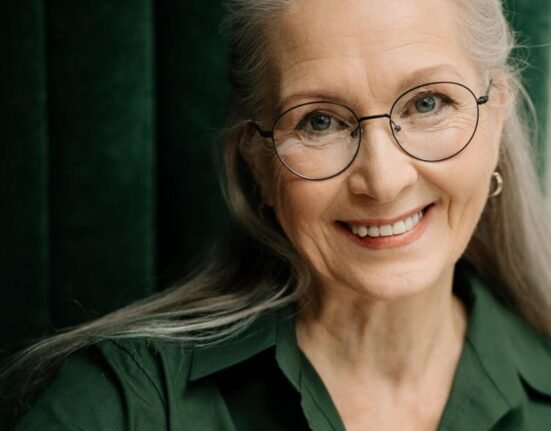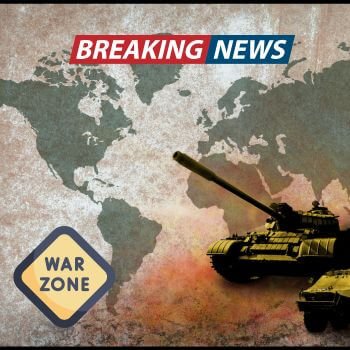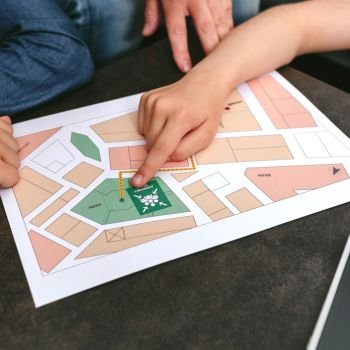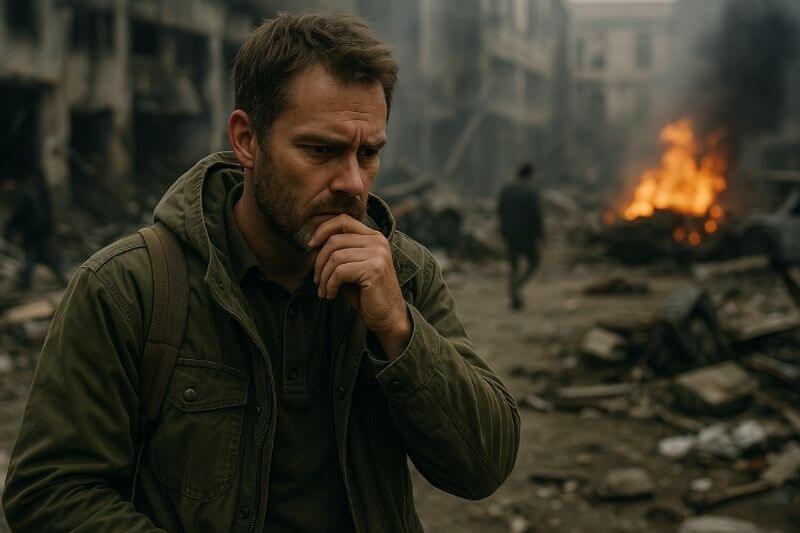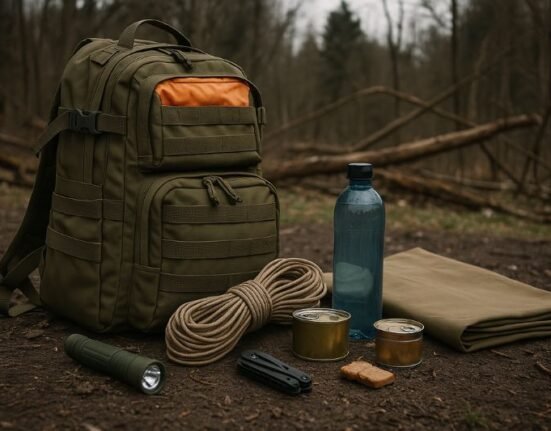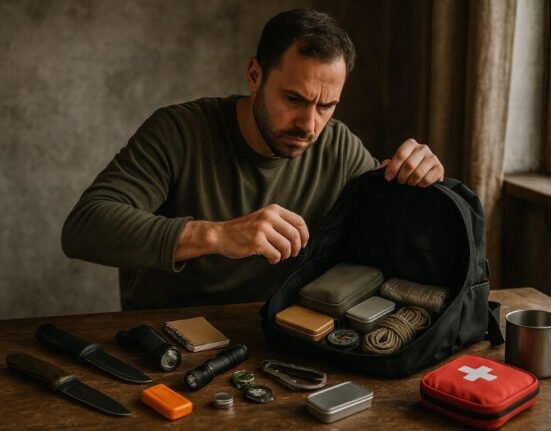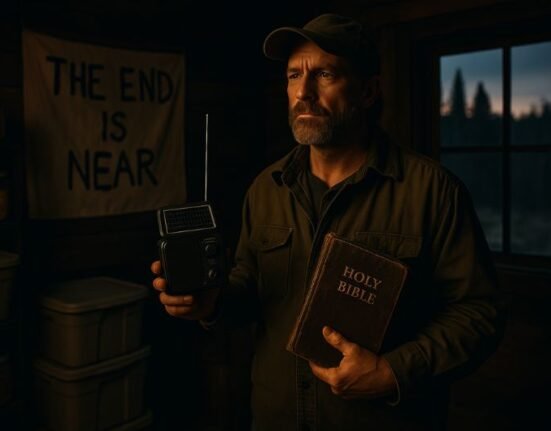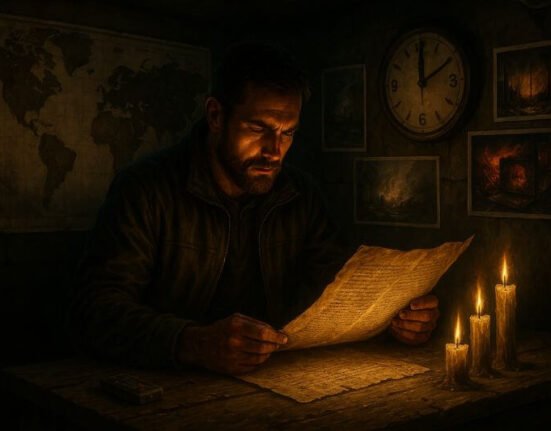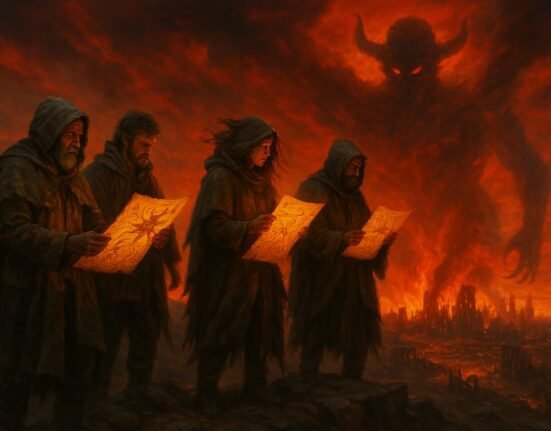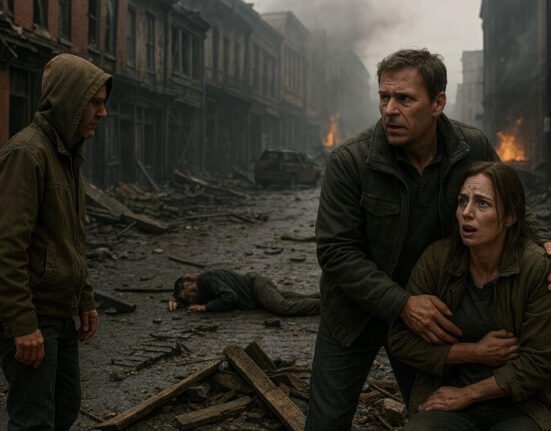In moments of crisis, decisions aren’t just tactical—they’re moral.
You’re not simply choosing what to do—you’re choosing who to be.
That’s why the role of survival philosophy is so critical in crisis decision-making. Whether it’s choosing to share your last ration, flee with a group or alone, or decide who gets medical care first, survival isn’t just about instinct. It’s about ethics, values, and mindset.
And without a framework in place, you may find yourself making decisions you’ll regret long after the crisis has passed.
Crisis Reveals What You Truly Believe
Emergencies have a way of stripping away illusions.
You may think you’re prepared—but how will you actually behave under pressure?
- Will you prioritize your group or yourself?
- Will you stick to the rules or bend them to survive?
- Will you lead, freeze, or follow?
- Will you stay true to your values—or trade them for safety?
Survival philosophy helps clarify these answers in advance, by forcing you to reflect on your principles before you’re tested.
“In war, the moral is to the physical as three is to one.” — Napoleon Bonaparte
If your morals break down under pressure, your survival skills won’t matter for long.
The Decision Curve Under Stress
In high-stress environments—disasters, conflict zones, active emergencies—human brains fall back on heuristics (shortcuts), training, or primal emotion. That’s where philosophy-trained survivors gain the edge.
Here’s what happens under extreme stress:
| Phase | Description | Danger |
|---|---|---|
| Shock | Initial freeze or denial | Delayed action or missed escape windows |
| Action | Reactive decisions, often fight-or-flight | Rash, emotional choices |
| Morality conflict | Inner conflict between what’s right vs what’s safe | Paralysis, guilt, team division |
| Rational override | Calm, values-based decisions based on preparation | Most rare—only through training |
🧠 The goal of survival philosophy is to short-circuit the chaos—so that your values guide your choices, not just fear or adrenaline.
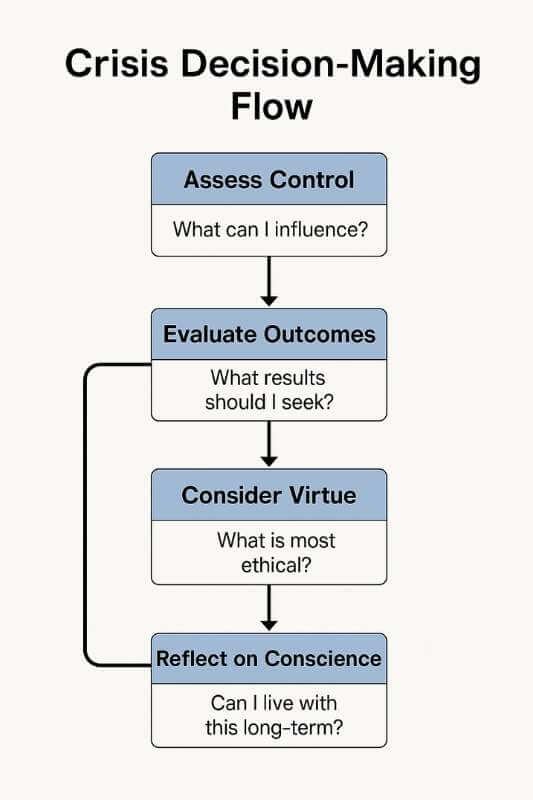
Situational Examples of Ethical Dilemmas in Crisis
Let’s make this real. Below are four common crisis scenarios—and the kind of decisions you’ll face.
| Scenario | Ethical Dilemma |
|---|---|
| A family is begging you for water. You have just enough for your group. | Share and risk your group—or refuse and risk your conscience? |
| You must choose who gets the last dose of antibiotics. | Save the younger? The strongest? The one you love most? |
| You find an unconscious stranger in your evacuation route. | Carry them and slow the group—or leave them behind? |
| A member of your team suggests looting a nearby store. | Follow along—or object and risk conflict in the group? |
There are no easy answers. But without a predefined moral compass, the pressure of the moment could push you in a direction you’ll regret.
That’s where the role of survival philosophy comes in: it offers clarity when everything else is chaos.
The Difference Between Tactical and Ethical Decisions
Most survival training focuses on tactical moves:
- How to purify water
- How to secure shelter
- How to use a firearm
But few teach you how to decide who eats first, or who goes back for help, or who holds the map.
These are ethical decisions, and they are often the ones that haunt people most.
“The decisions we make in the moment of crisis are the ones we live with forever.” — Anonymous Search & Rescue veteran
🧭 Ask yourself now:
If the crisis hit tonight, what kind of survivor would you become?
Philosophical and Psychological Foundations Behind Critical Decisions
Every survival decision is filtered through two lenses:
🧠 Your mental state and ⚖️ your moral framework.
And when the stakes are high, most people don’t rise to the occasion—they fall to their level of preparation.
That preparation should include deep ethical reflection and cognitive awareness, both of which are the foundation of survival philosophy.
Viktor Frankl: Meaning as a Survival Strategy
Perhaps no one illustrates the power of philosophy in survival better than Viktor Frankl, a Holocaust survivor, psychiatrist, and author of Man’s Search for Meaning.
Frankl observed that those who survived the concentration camps weren’t necessarily the strongest, but those who found purpose—even in suffering.
“Everything can be taken from a man but one thing: the last of the human freedoms—to choose one’s attitude in any given set of circumstances.”
In crisis, Frankl’s philosophy helps answer the hardest question:
Why go on at all?
Survival isn’t just physical—it’s existential. And meaning provides the will to act, even when all hope seems lost.
Cognitive Biases and Decision Errors in Crisis
Understanding survival philosophy also means understanding the mental traps we fall into.
Here are four cognitive distortions that sabotage ethical decision-making in high-stress situations:
| Bias | Description | Example in Survival |
|---|---|---|
| Confirmation Bias | Seeking info that supports your fear or plan | You only listen to group members who agree to evacuate |
| Groupthink | Suppressing doubts to maintain group harmony | You follow the group even if the plan feels wrong |
| Sunk Cost Fallacy | Refusing to change course because of past investment | Staying in a location because of all the effort put into securing it |
| Optimism Bias | Believing “it won’t happen to me” | Ignoring danger signs or delaying action |
Philosophical awareness—especially Stoicism and Existentialism—trains you to challenge those impulses, ask better questions, and pause before reacting.
Rawlsian Ethics: Fairness in Unequal Conditions
John Rawls, in his work A Theory of Justice, introduced the idea of the “veil of ignorance”—deciding what’s fair without knowing your own position in the scenario.
In survival, this becomes a moral exercise:
If I didn’t know whether I’d be the strong or the weak, the leader or the injured—how would I build my decision plan?
This framework helps:
- Design fair food rationing systems
- Choose evacuation priorities
- Handle group disagreements ethically
- Avoid favoritism in triage or defense roles
🧭 Action tip: Run scenarios from multiple perspectives. What would your decision look like if you were the one left behind?
Utilitarianism vs. Virtue Ethics in Survival Settings
Two major ethical systems dominate survival decisions:
| Framework | Key Question | Risk |
|---|---|---|
| Utilitarianism | What produces the greatest good for the greatest number? | May justify immoral acts for pragmatic gain |
| Virtue Ethics | What would a good person do? | May delay or complicate decisions in urgency |
Both can be valuable—but only when applied consciously.
Survival philosophy teaches you when to act for the group… and when to protect your individual integrity. That’s what separates a cold tactician from a principled survivor.
Pre-Framing as a Psychological Weapon
Military and elite survival trainers often teach pre-framing—the act of mentally rehearsing a future decision before the pressure hits.
Example:
- “If I’m forced to choose who leads, I’ll base it on skill—not popularity.”
- “If someone in the group breaks the rules, I’ll address it calmly and directly.”
By deciding how you want to decide, you protect yourself from moral paralysis and regret.
That’s not just mental clarity—it’s ethical insurance.
“The time to decide your principles is not when you’re bleeding.” — Wilderness survival instructor, Colorado, 2022
How to Implement Survival Philosophy in Real-Time Decisions
When crisis hits, you won’t have time to open a philosophy book.
You need an internal framework that’s already been tested, internalized, and trusted.
Let’s explore how to build and apply a personal system for ethical survival decision-making—one that’s both fast and principled.
The 4-Question Survival Ethics Protocol
Here’s a simple tool based on stoicism, utilitarianism, and virtue ethics. When faced with a crisis decision, pause and ask:
- What is under my control right now? (Stoicism)
- What outcome helps the most people with the least harm? (Utilitarianism)
- What choice reflects the person I want to be? (Virtue Ethics)
- Can I live with this choice tomorrow? (Self-accountability)
🧭 Example:
You find two injured people—one stranger, one team member. Only one can be treated.
Rather than panic, run the 4-question loop.
You won’t find perfection. But you will find clarity.
Building a Group Decision Culture Around Philosophy
Survival isn’t always solo. And a group without shared ethics is a ticking time bomb.
Here’s how to build group resilience using survival philosophy:
- Create a group “Code of Conduct”
Include shared values: fairness, leadership rotation, communication, protection of the vulnerable. - Designate ethical checkpoints in drills
After tactical runs (bug-out simulations, food rationing), pause and ask: Did anyone feel uncomfortable? Did a moral line get crossed? - Use philosophical frameworks during planning
Assign someone the role of “ethics observer” when discussing emergency plans—just like a devil’s advocate.
This transforms a prepping group from a tactical unit into a moral organism.
Crisis Debriefing: Ethics After the Event
After surviving a crisis, don’t just check your gear. Check your conscience.
Debrief questions for solo or group reflection:
- Did I stay true to my values under pressure?
- Which decision was the hardest, and why?
- What did I witness that challenged my ethical framework?
- Would I act differently next time—and how?
This not only fosters emotional healing—it prepares you for the next round. Because survival isn’t just a moment. It’s a mindset.
✅ Conclusion: Survive Better by Deciding Better
In the end, survival isn’t just about what you do—it’s about why you do it.
The role of survival philosophy in crisis decision-making is to give you a map when the world loses direction. To ensure that when all else collapses—power, order, structure—you still have something to follow:
Your integrity.
“Disaster doesn’t build character. It reveals it. But philosophy shapes it before the storm arrives.”
So don’t just train your body.
Train your judgment.
The survivor who thinks with clarity, acts with virtue, and leads with ethics is the one we need when the world starts burning.
❓ FAQ – Making Ethical Decisions During a Survival Event
Q: Can ethical survival decisions slow down action in crisis?
Yes—but they also prevent moral fallout. Quick decisions made in panic can cause regret or division. A clear framework allows for speed with integrity.
Q: What if my team doesn’t agree on ethics?
Establish principles beforehand. Shared values and open discussion reduce conflict and build cohesion before the crisis forces a decision.
Q: Should I prioritize family over fairness?
That’s a personal line. Philosophy won’t erase the dilemma—but it can help you understand and own your choice, rather than act from raw instinct.
Q: How do I deal with guilt after a survival decision?
Debrief. Reflect. Talk to someone. Ethical trauma is real—but if your decision was grounded in clarity and care, you can process it and grow.
Q: Is it realistic to think in philosophical terms under pressure?
Yes—if you’ve trained beforehand. Mental drills, scenario rehearsals, and ethical reflection all create philosophical reflexes you can lean on when chaos comes.
